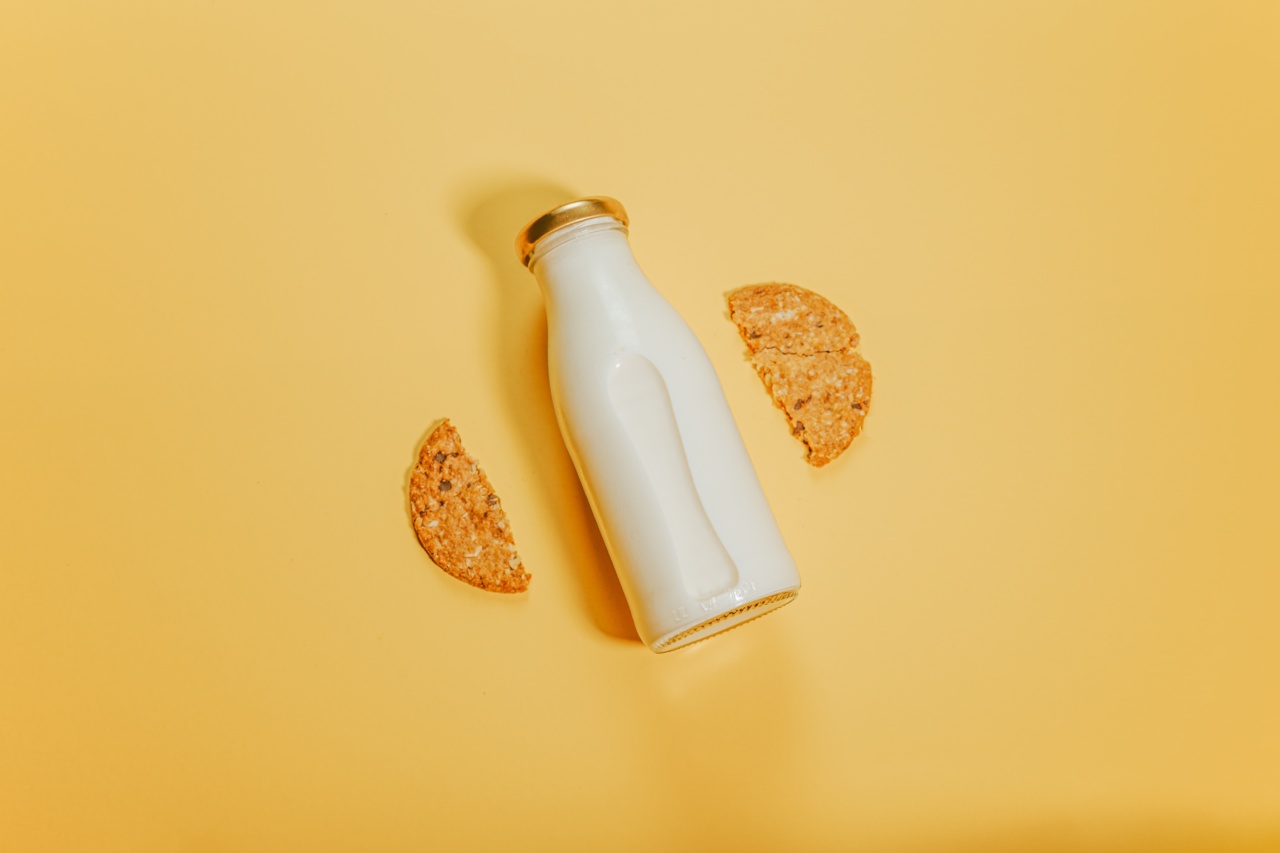Depression is a worldwide mental health condition that affects millions of people. According to the World Health Organization, over 264 million people suffer from depression worldwide.
In the United States, it is estimated that 17.3 million adults had at least one major depressive episode in 2017. While there are several known causes of depression, including genetics and life events, there is a growing body of evidence that suggests poor nutrition can also contribute to depression.
How Nutrition Affects Depression
Nutrition plays a vital role in maintaining mental health. Our brains need a constant supply of nutrients to function correctly. The food we eat provides our bodies with essential nutrients that help regulate brain chemistry and mood.
Therefore, a healthy diet can help alleviate symptoms of depression.
On the other hand, poor nutrition can lead to imbalances in the brain’s chemistry and trigger depressive symptoms.
When our bodies do not get enough of the essential nutrients, such as omega-3 fatty acids, B vitamins, vitamin D, and iron, we become more susceptible to depression.
Common Nutrient Deficiencies and Depression
Vitamin D deficiency is a common nutrient deficiency in the United States and has been linked to depression. Studies have shown that people with low levels of vitamin D are more likely to be depressed.
Research has also found that increasing vitamin D intake can help reduce depressive symptoms.
Iron deficiency can also lead to depression. Iron is essential for transporting oxygen to the cells in our body, including brain cells. When we do not have enough iron, the brain does not get enough oxygen, leading to depressive symptoms.
Omega-3 fatty acids are another essential nutrient that can help reduce depressive symptoms. Studies have shown that people with higher levels of omega-3s in their blood are less likely to be depressed.
The Link Between Sugar and Depression
Sugar is a type of carbohydrate that is commonly found in our diet, but consuming too much sugar can lead to several health problems, including depression.
Consuming foods high in sugar can cause a quick spike in blood sugar levels, followed by a crash, leading to feelings of fatigue and irritability. This cycle of highs and lows can contribute to depressive symptoms.
In addition, consuming too much sugar can also lead to inflammation in the body. Studies have shown that inflammation is linked to several mental health conditions, including depression.
The Role of Gut Health in Depression
Recent research has found that there is a link between gut health and mental health, including depression. The gut contains trillions of bacteria, which play a vital role in our overall health, including mental health.
When the bacteria in our gut become imbalanced, it can lead to inflammation and other health problems, including depression.
Additionally, our gut bacteria are responsible for producing neurotransmitters such as serotonin, which is essential for regulating mood. When there is an imbalance in the gut bacteria, it can lead to a decrease in serotonin levels, increasing the risk of depression.
The Importance of a Healthy Diet for Mental Health
Maintaining a healthy diet that is rich in nutrients is essential for maintaining optimal mental health.
While there is no specific “depression diet,” there are several foods that can help support healthy brain function and reduce depressive symptoms.
Here are some of the best foods to include in your diet:.
- Fatty Fish: Fatty fish, such as salmon, trout, and sardines, are rich in omega-3 fatty acids, which have been shown to reduce depressive symptoms.
- Leafy Greens: Leafy greens, such as spinach and kale, are rich in vitamins and minerals, including magnesium, which can help reduce symptoms of depression.
- Legumes: Legumes, such as lentils and chickpeas, are a great source of B vitamins, which are essential for maintaining optimal brain function and reducing depressive symptoms.
- Nuts and Seeds: Nuts and seeds, such as almonds and pumpkin seeds, are a great source of healthy fats and nutrients that can help support optimal brain function.
- Whole Grains: Whole grains, such as brown rice and quinoa, are a great source of complex carbohydrates, which can help regulate blood sugar levels and reduce depressive symptoms.
The Bottom Line
While poor nutrition is not the sole cause of depression, it can contribute to the development of depressive symptoms. Maintaining a healthy diet that is rich in nutrients is essential for maintaining optimal mental health.
If you are struggling with depression, it is important to speak with a mental health professional to get the help you need.































